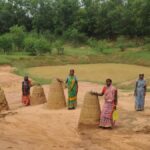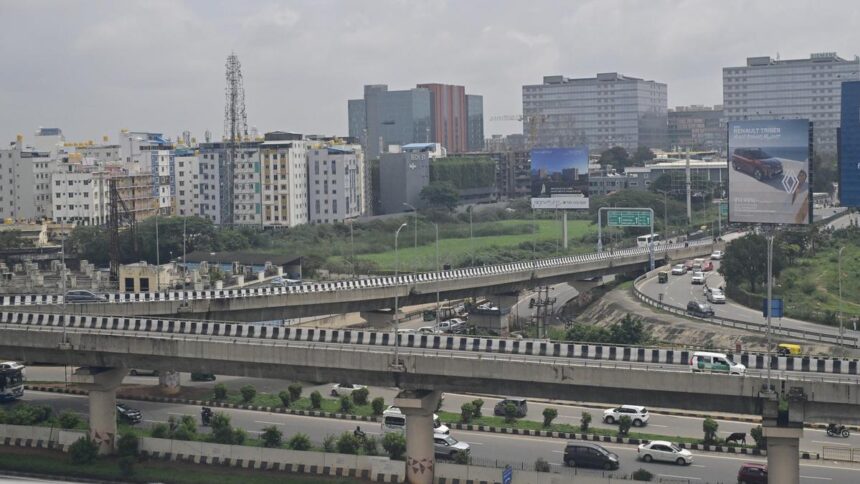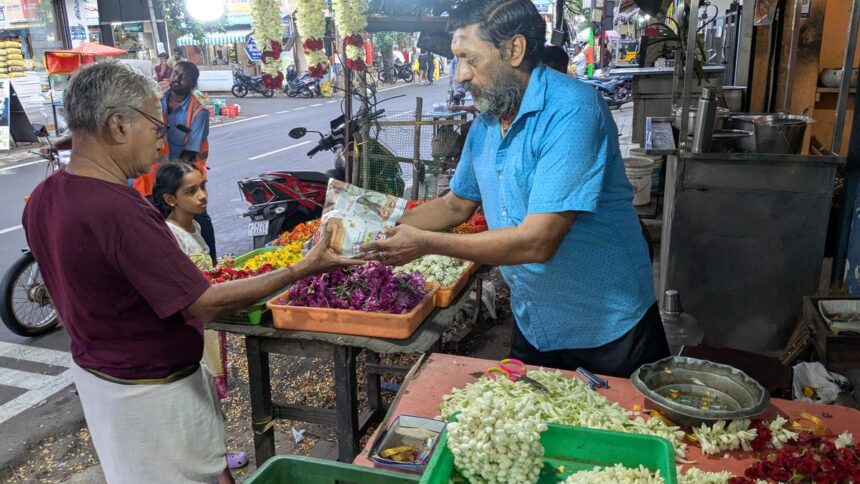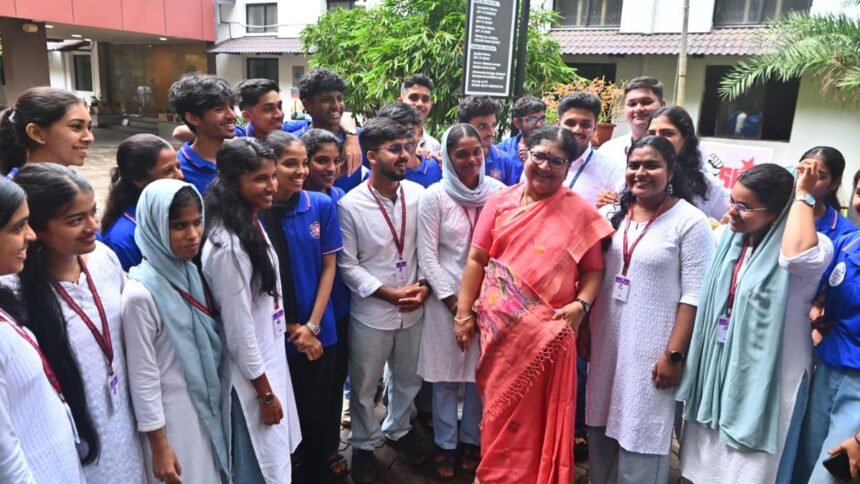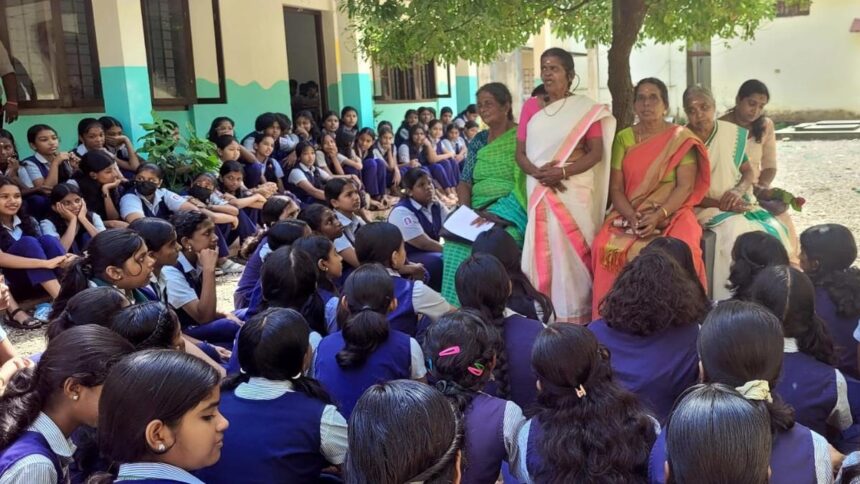
Pradip Khemka, Honorary Consulate of Brazil to India and Debasish Kumar, MMIC of Kolkata Municipal Corporation and MLA, at the COP30 curtain raiser in Kolkata on September 3, 2025.
| Photo Credit: Debasish Bhaduri
At the curtain raiser for the COP30 (Conference of the Parties) in Kolkata, Kolkata Municipal Corporation Member Mayor in Councils (MMIC) and MLA Debasish Kumar said that there is an immediate need for global action on ecologically vulnerable areas like the Sundarbans and Darjeeling in West Bengal to stop loss of lives and livelihood.
The 2025 United Nations Climate Change Conference, or Conference of the Parties, is set to be held at Belém, Brazil, from November 10-21 and the focus this year will be to implement words and make transformative changes on the ground with added focus on climate finances.
“Most of the Sundarbans is in Bangladesh, on our portion we are trying our best to reduce damage by planting more mangrove trees and stop erosion. But global climate change has a major impact in the area, we need to address that. Kolkata is hardly 100kms away from Sundarbans, if climate change continues and we take no action, our capital city itself stands a chance of vanishing under water,” Mr. Debasish Kumar told The Hindu on Wednesday (September 3, 2025) after the curtain raiser event. He added that local governments and climate groups need support from international platforms and central government to make changes on the ground.

Mr. Kumar also added that there is a lot of conversation about climate change but there is a lack of action on the ground, which leads to no growth or development. He called for advanced technological, financial and hand-holding support from global stakeholders to address this impending issue at the earliest.
There are over five million people in the Sundarbans in West Bengal and 12 million if we include the Bangladesh side, the whole area and its millions of people are living on the edge due to the rising sea levels and severe erosion, activists said.
The climate activists and scientists present at the event also said that there is an urgent need to declare a special status for the ecologically sensitive mangroves of Sundarbans. They said that even though there is an Alliance of Small Island States (AOSIS), island areas like Sundarbans are not included in it because they are part of a bigger nation, which keeps them out of relevant conversations.
The activists, through their panel discussions, expressed hope that the COP30 will call for action in the Sundarbans and save the fragile delta ecosystem and its vulnerable communities, including its diverse flora and fauna.
Professor and Scientist Abhijit Chatterjee said that historically, climate change and air pollution have been addressed as separate problems but it is time to see them as intertwined issues and address them as such. “Most countries make separate policies for these two things but these are different faces of the same problem.”
Published – September 04, 2025 12:24 am IST






